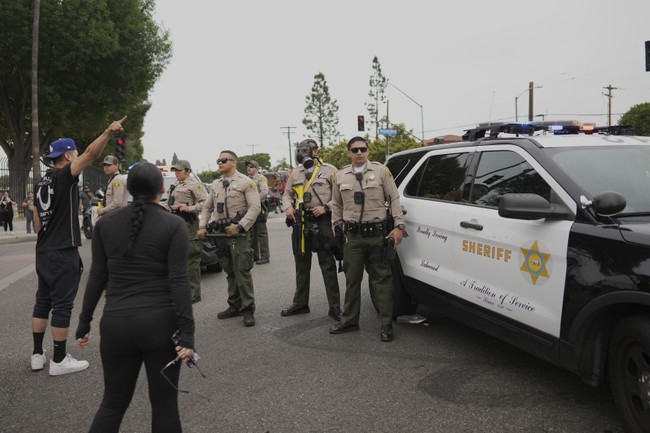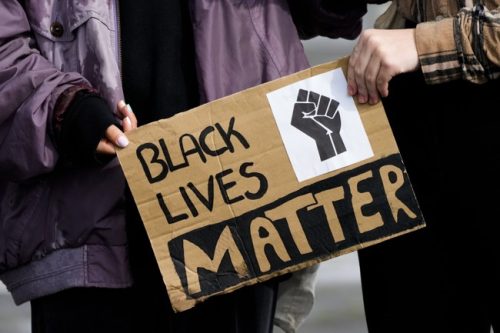The Department of Homeland Security is seeing a sharp internal battle as the Border Patrol moves into roles long held by ICE, and morale inside ICE appears shaken. New leadership shifts and high-profile deployments have exposed long-simmering tensions about who enforces immigration policy and how aggressively they do it. This piece lays out the clash, the complaints from inside the agencies, and why the Trump administration’s drive to accelerate deportations is fueling the dispute.
The rivalry is not some new Washington novelty; it’s been building for years and boiled over after the White House replaced top ICE officials with leaders drawn from the Border Patrol. That shakeup came because deportations were moving too slowly for the administration’s taste, and the move was intended to get results faster. The personnel changes haven’t landed smoothly—many inside ICE feel sidelined and frustrated.
Sources say ICE is lazy and not trying hard enough while others say they're overwhelmed and unable to please ever-evolving arrest goals.
Border Patrol agents are ecstatic at the chance to do ICE's job for them.https://t.co/MENsXSSVMy
— Anna Giaritelli (@Anna_Giaritelli) October 29, 2025
Some inside accounts say ICE officers have been labeled slow or unwilling to carry out aggressive deportation operations, which only inflames the dispute. Border Patrol operatives see themselves as the fix: more hands-on, less bureaucratic, and ready to take direct action where ICE is perceived as dragging its feet. Journalists on the beat have been reporting these tensions and quoting officials on both sides of the split.
ICE employees are not happy about any of it, feeling replaced and exhausted from the past nine months. Meanwhile, Border Patrol agents are ecstatic, according to four sources.
The first source, who has a keen sense of how the workforce is handling the changes, warned that morale among ICE’s 6,500 officers is declining due to the infusion of outside employees and leaders.
[…]
Border Patrol’s arrival in places such as Chicago and Portland, Oregon, has made headlines due to its agents’ more aggressive approach to protecting federal facilities from protesters and in how they are nabbing people who attempt to interfere with their work.
Those who spoke with the Washington Examiner were concerned that the flashiness of it all was why Border Patrol was suddenly in demand while maintaining that ICE was simply exhausted, overwhelmed, or doing the best it could.
A third person, a Border Patrol agent recently deployed to a major U.S. city to assist ICE, said he had not seen one ICE employee after more than a week on the ground there, causing him to question where ICE is and what its officers are doing.
The fourth person, a former senior Border Patrol official, said Border Patrol is not only capable of doing ICE’s job but also eager to do it because agents believe ICE is, in fact, slacking.
“Many of us have never been happy with ICE as partners,” the former official said. “You saw what the last four years for us was like. The perception is that they are always dragging their feet. They weren’t good team players.”
Those descriptions help explain why Border Patrol leaders were dispatched to big cities and federal facilities where protests have been frequent, and why their tactics have drawn attention. Border Patrol’s style is broadly described as more forceful and visible, the kind of posture that plays well for a White House demanding rapid enforcement. For Republicans concerned about law and order, the visible presence signals seriousness about protecting federal property and enforcing immigration law.
The core issue is practical: deportations must speed up if policy goals are going to be met, and the administration sees the Border Patrol as the quickest route to results. That belief underpins the personnel moves and the political backing behind them, and it explains the frank impatience with any agency seen as slow. If ICE is overwhelmed or simply mismanaged, Republican officials argue, replacing leadership and shifting resources is the right call.
Morale inside ICE matters because enforcement relies on experienced officers willing to do difficult work under public scrutiny and tight legal rules. When thousands of officers feel replaced or ignored, operational gaps can open and the mission suffers, which feeds the argument for bringing in a more aggressive workforce. Republicans pushing for stricter enforcement see this clash as a necessary reset to restore order at the border and enforce immigration laws consistently.
At stake is more than agency pride: it’s whether federal immigration policy is enforced with clarity and force. The administration’s priority is simple and blunt—deportations must be carried out and accelerated—and the current infighting is being judged against that standard. Lawmakers and the public will watch how these internal shifts affect results on the ground and whether the new mix of leadership actually delivers faster, more effective enforcement.






